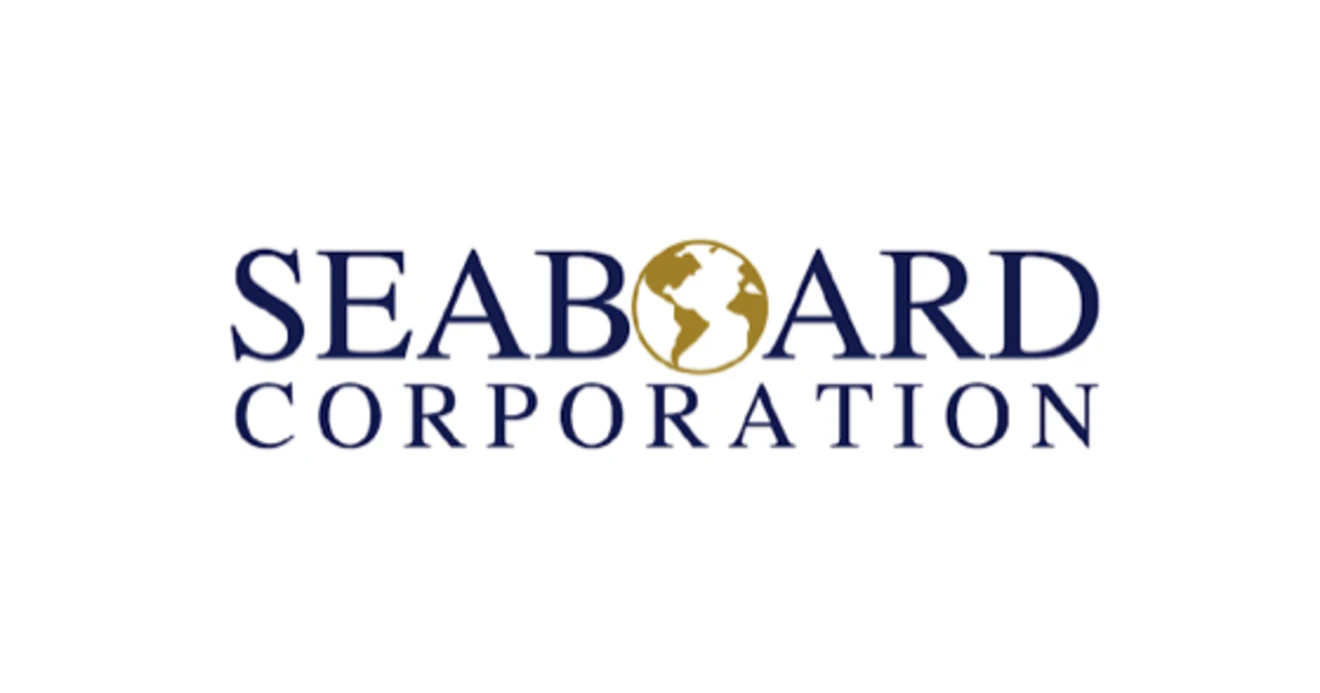Seaboard Corporation
Key Information
HQ:
United States
Market Cap:
$2.92bn
Primary Markets:
Africa, North America, LATAM
Business Type:
Protein Producer
Company Information
Company Summary
Seaboard Corporation operates as a global agricultural and transportation company with divisions in pork, commodity trading, marine, sugar and alcohol, power, and turkey. Founded in 1918, the company is headquartered in Merriam, Kansas.
Revenue
Total revenue:
$11.2bn
Revenue by Geography
Revenue by Protein
Revenue by Product Type
Disclosures
CDP ScoresLast Reviewed: 16/10/2024
| CDP Climate | CDP Forests | CDP Water |
|---|---|---|
| No | No | No |
Science Based Target initiativeLast Reviewed: 16/10/2024
| Target classification | Status | Date |
|---|---|---|
| Has not set SBT | - | - |

